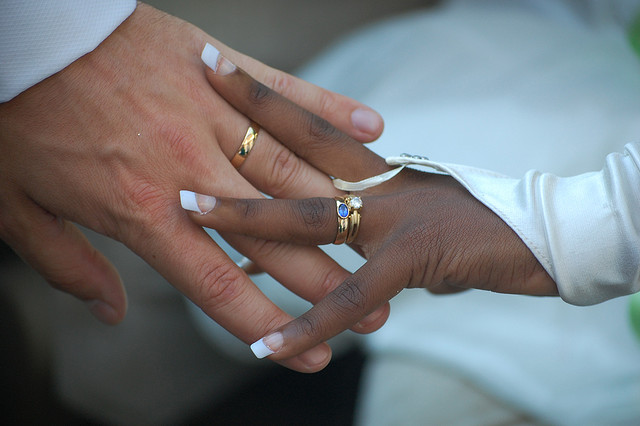I was born and raised in Dar es Salaam. We locals call our city Bongo – a Swahili slang for brain, and you need a sharp one to survive here.
My mother saved her civil servant salary for about three years to build the house I grew up in. For most of my life, I’ve lived with her in Changanyikeni, a peaceful suburb where everyone minds their own business. Apart from a lack of water in the suburb – we had to fetch some from the university block – Changanyikeni was a pleasant place to call home.
But after years of comfort, I felt like I needed a place of my own. I had spent three months in South Africa living by myself. During that time, independence grew on me – there was no one to answer to about my whereabouts or why I was out late or didn’t want to eat dinner.
And so, at the age of 28, I decided to move out and find a place to rent in Dar es Salaam.
I gravitated towards the suburbs of Sinza, Mwenge, Kinondoni and Kijitonyama, which are coveted among young Tanzanians living on their own. They are close to the city centre and offer plenty of entertainment in the form of bars, night clubs and shopping malls.

My first step was to find the right connections. The renting business in Dar is not exactly conventional. It’s dominated by middle men who connect potential tenants with landlords. You’ll find them every morning lurking around the suburbs, waiting for house-seekers to arrive so they can start pitching.
Most of them are good liars. They will wax lyrical about the perfect house, convince you to view it, and when you do, you’ll realise what an exaggeration “in good condition” and “lovely views” can be. And for every house you walk into, you’ll need to dish out at least $7 to the middle man as a “showing fee”.
I was first taken to Sinza, a middle class suburb full of bachelors and newlyweds who fork out a hefty USD 200 for a 2-bedroom house and at least USD 50 more for utilities. It is a nice suburb but I did not see myself living there. There is a bar, grocery store or night club after every two houses; it’s a party from Monday to Monday. Young people prefer Sinza since they do not have to drive out to have a drink; it can be found just next door.
My next option was Kinondoni but one of the middlemen told me to be very careful since all sorts of dark deals went down here. Drug dealers and prostitutes operate in this area, and the rent prices also put me off: USD 250 to USD 300.
A friend of mind suggested I try the suburb where he lived – Mbagala. Rental prices are very cheap here. For 70 USD a month, a fully fenced housed could be yours to live in.
He invited me to stay over at his place to get a feel of the suburb. The next morning I saw commotion at the bus stand near his house. People were fighting to board the bus to get to work in time. Some were even climbing in through the windows. One man complained he’d never occupied a seat on the bus for the past three months since it’s always overcrowded as people fight to get to work on time. With that, I immediately crossed Mbagala off my list.
After months of hunting for a place of my own, I realised that every suburb has its own drama. I ended up getting a one bedroom house in Kinondoni, away from the shady streets, for USD 150 per month.
I was relieved that my months of hustling were over – but I was also broke. Landlords in Dar es Salaam don’t accept one month’s rent. You need to pay six to twelve months’ rent upfront. If the house you’re renting has damages, the landlord will ask you to organise and pay for the repairs. The money will be deducted from the next month’s rent – or so they say.
I won’t be moving again anytime soon. Independence certainly comes at a cost but I didn’t expect it would involve this many people or so many dollars.
Erick Mchome is a former features writer for The Citizen newspaper in Tanzania. He is the 2011 David Astor Award Winner and worked at the Mail & Guardian between September and December 2011.


